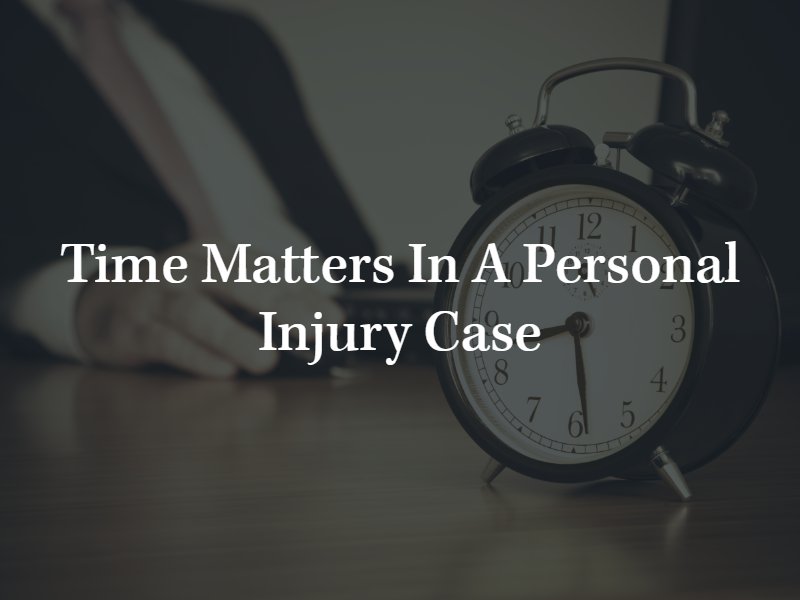Anytime a person sustains an injury due to the actions of another individual, company, or entity, they will usually be able to recover compensation for their losses. In order to successfully recover compensation for medical bills, lost wages, and property damage expenses, it is typically necessary to prove the liability of the other party. However, there are some circumstances where strict liability may apply in an injury case in Pennsylvania.
Strict Liability Versus Proving Negligence
Strict liability imposes legal responsibilities for damages and injuries, even if the defendant (the person alleged to have caused the injury) did not act with carelessness, malice, or negligence in causing the injury. This is different from how most personal injury claims in Pennsylvania operate. In most injury cases, the injured party has to prove that the other party acted in a manner that led directly to the injury. They have to prove negligence, and this can be challenging.
Common Times When Strict Liability Applies
Strict liability does not apply in many types of personal injury claims in Pennsylvania. However, some of the most common types of claims where you will see strict liability show up include the following:
- Product liability claims: In the Commonwealth of Pennsylvania, sellers of defective products are held strictly liable for injuries to consumers. In nearly all defective product situations, the consumer will not have to prove the careless or negligent actions of the manufacturer or seller of the product to recover compensation. If a product was defective and caused an injury, the victim should be able to recover compensation for their medical bills, lost wages, and pain and suffering damages. The strict liability can apply to many parties, including a retailer, warehouse, transportation third-parties, the original company that designed the product, and others.
- Dog bite incidents: When we examine Pennsylvania Statutes Title 3 P.S. Agriculture Section 459-101, we can see that Pennsylvania has a strict liability statute pertaining to dog bites. Under this law, a dog’s owner will be held liable for paying all of a victim’s related medical bills. However, unlike other states, the statute does not make the dog owner responsible for any other damages, such as lost income or pain and suffering. The dog owner will only be strictly liable for medical bills. However, individuals can pursue other damages through a personal injury lawsuit, but they will have to prove negligence on the dog owner’s part.
- Abnormally dangerous or hazardous activities: Strict liability is typically imposed if an individual creates an abnormally dangerous condition or performs very hazardous activities, and something goes wrong that causes harm to another person. There are certain activities that are inherently dangerous that could create unreasonable risks for others. For example, if an individual decides to store hundreds of gallons of flammable materials inside of their city apartment complex, this is considered an abnormally dangerous or hazardous activity. If this material explodes or causes a fire that harms others, then the person who stored the material will likely be held strictly liable, even if they did not “mean” to cause harm to others.
Work With an Attorney Immediately
Even if you think strict liability applies to your particular injury claim, we still encourage you to work with a Philadelphia personal injury attorney immediately. An attorney can examine the facts of your case and fully represent you every step of the way as you work to recover compensation for your losses.
